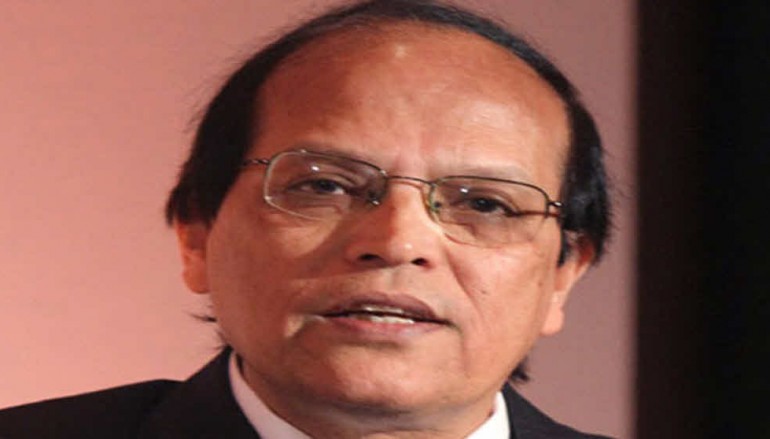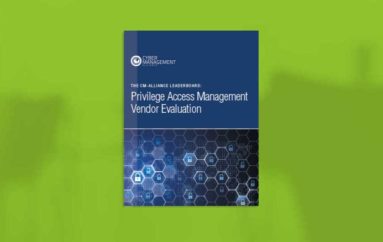
Bangladesh Bank Chief Quits Amid $100 Million Hacking Uproar
The head of Bangladesh’s central bank resigned on Tuesday, after hackers managed to divert $101 million from the country’s account with the Federal Reserve Bank in New York.
Bangladesh Bank Governor Atiur Rahman’s resignation was accepted, said Prime Minister Sheikh Hasina’s spokesman Ihsanul Karim. He had spent seven years in the position.
Rahman told reporters he made the decision voluntarily.
“I submitted my resignation to Prime Minister Sheikh Hasina … tears rolled out from her two eyes,” he said. Earlier he had said, “If my resignation is better for the Bangladesh Bank, I have no hesitation.”
The finance minister canceled a scheduled news conference without explanation Tuesday afternoon. Last week he said Bangladesh was considering suing the U.S. bank over the loss of the funds, which are thought to have been transferred to the Philippines and Sri Lanka.
However, the New York Fed said it found no evidence its own systems were compromised, and attention increasingly has focused on suspected vulnerabilities in Bangladesh Bank’s cybersecurity.
Rahman, the son of a landless herdsman, was a Dhaka University economist before joining the Bangladesh Bank. He said leaving the bank post was a difficult decision.
“Such cyber attacks are happening across the world,” Rahman said. “We have to be careful, very careful. It’s like an earthquake, when it will come, very difficult to predict. We are new in facing such attacks. We lack experience.”
Since the hacking scandal emerged earlier this month, Rahman said he had increased the bank’s online security and hired international experts to oversee the work.
“After the incident I took some time and attempted to fix the loopholes so that the remaining amount is secure,” he said.
In Manila, Philippines, a Senate committee opened an inquiry Tuesday into how about $81 million of Bangladesh’s stolen funds were transmitted online to four private accounts at a branch of the Rizal Commercial Banking Corp., or RCBC, and who could be criminally liable.
Julia Bacay-Abad, executive director of the government’s Anti-Money Laundering Council, told the committee that Bangladesh’s central bank called to notify the head of Manila’s central bank early last month about the transfer of its stolen money to a Philippine bank and requested that the funds be frozen.
Source | ABCNews





